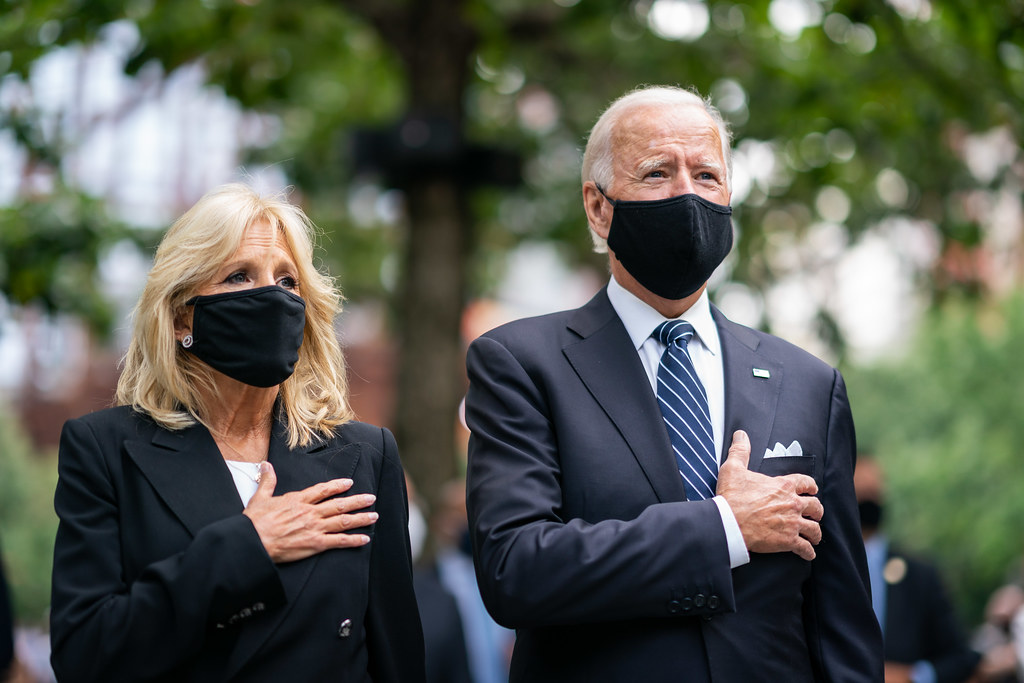On January 20, 2021, Joseph Robinette Biden Jr. will be sworn in as the 46th president of the United States. While this has had some people dancing in the streets, what exactly will a Biden presidency mean for your personal finances?
Here are the top five ways that a Biden White House may impact your personal wealth.
1. Taxes
The biggest concern over a Biden presidency is his tax plans.
According to Biden’s tax policy page on his campaign website, he will raise taxes on individuals making $400,000 or more. Additionally, big corporations will see their tax liabilities significantly increase; he will raise the corporate tax rate from 21% to 28%. At the same time, the team proposes expanding certain tax benefits like the Child Tax Credit for middle- and low-income families. In the long-run, we’re told we can also expect additional tax credits toward home buying, as well as for child care and health insurance costs.
2. Student Loan Debt
Biden’s tax plan could spell good news for future college goers. The Biden-Harris tax plan includes initiatives to help existing borrowers save money and make higher education more affordable. These include making community college tuition-free for up to two years, making public colleges and universities tuition-free for all families with incomes below $125,000, and doubling the maximum value of certain federal aid, such as Pell grants for low-income and middle-class individuals. And for those who have already graduated college, Biden also has a plan to provide more loan forgiveness for those who choose to work in public service.
3. Employment and Job Growth
On the campaign trail, Biden told Americans to expect more jobs both immediately and in the coming months and years. Biden’s plan also references higher wages, stronger benefits, and fair and safe workplaces. Biden has promised state, local, and tribal governments with an infusion of financial support to help first responders and essential workers keep their jobs. There’s also the plan to “immediately” create new jobs. He will do this by employing people in fields like contact tracing to help fight the pandemic. And in a bid to spur private job creation, there’s a multi-faceted proposal to help grow the workforce. He plans to accomplish this by making investments in key industries like infrastructure, clean energy, caregiving, and education.
4. Healthcare
With America in the middle of a pandemic, healthcare was a major factor in the Biden win. The Biden-Harris team vows to protect and build upon the Affordable Care Act that President Obama signed in 2010. The cornerstone of Biden’s plan, so-called “Bidencare,” is to create a “public option” for health insurance. This would be run by the government and available to people of all ages. It would, in theory, be more affordable than private market options.
5. Additional Covid-19 Stimulus Relief
Joe Biden and Kamala Harris made it clear on the campaign trail that they want another big stimulus package. Biden has been calling for more Covid-19 relief since as early as April, right after the CARES Act was passed when he outlined measures needed to be taken to support women during the Covid-19 crisis. Democrats have been furiously fighting for their HEROES Act (their attempt at a second stimulus bill) since it was first introduced in April. Since then, it has passed a pared-down version worth a still-whopping $2.2 trillion that includes support for small businesses, improving the Paycheck Protection Program, providing state and local government funding and including another round of direct stimulus payments to Americans.
Biden’s “Build Back Better” plan includes calls for aid including extending unemployment aid and implementing another Main Street relief package. It’s likely we will see these types of provisions included in the next stimulus package.
Do you think a Joe Biden presidency will help or hurt your personal finances?

